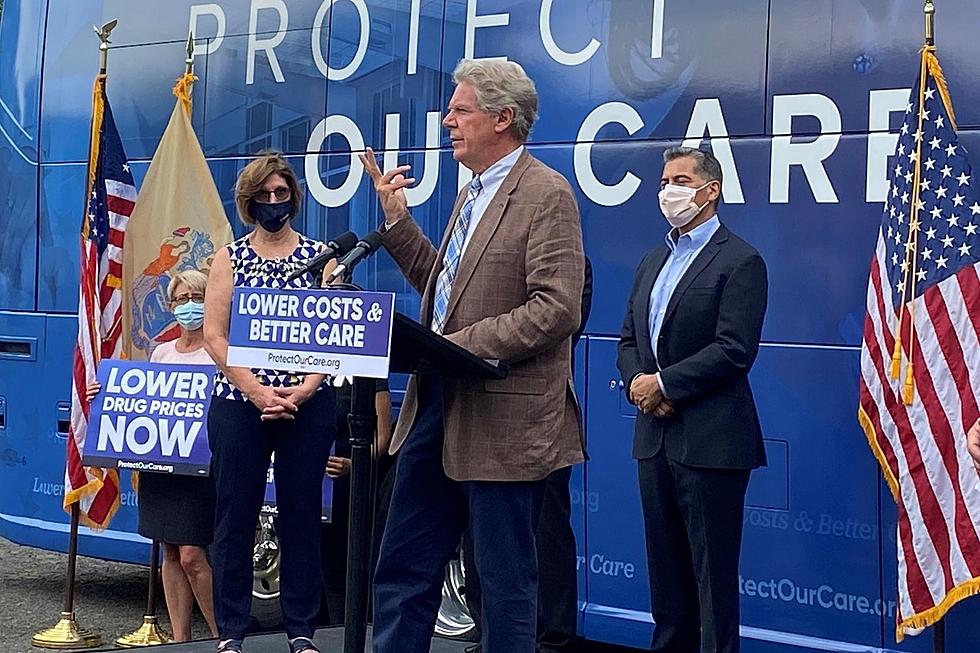
Pallone wants $10B to build, modernize community health centers
NEW BRUNSWICK – U.S. Rep. Frank Pallone said he is prioritizing the inclusion of $10 billion to modernize and build new federally qualified health centers in the budget reconciliation bill being assembled to pair with the infrastructure bill.
Pallone is chairman of the House Energy and Commerce Committee so will have significant influence over what’s included in that part of the spending bill.
“A lot of the community health centers have said we need bricks and mortar infrastructure. We need to renovate our buildings. We need to expand our buildings,” he said.
Pallone says House Democrats are also seeking to include provisions that would extend or make permanent Affordable Care Act subsidies and to expand Medicare to include dental, vision and hearing coverage.
Pallone was joined in Middlesex County by Health and Human Services Secretary Xavier Becerra, as well as Lt. Gov. Sheila Oliver, who is currently acting governor as Gov. Phil Murphy vacations in Italy.
Becerra said Congress is working with President Joe Biden on changes in health care and other areas unseen since the days of President Lyndon Johnson.

“Right now is not the time to count pennies,” Becerra said. “It’s not a time to not provide people with the care they need because that pandemic will spread as we’re seeing with the delta variant as quickly as you can say get out.”
Their roundtable discussion was held at the Eric B. Chandler Health Center, an FQHC affiliated with Robert Wood Johnson Medical School. Dr. Eric Jahn said the center would surely benefit from capital funding from Congress.
“Chandler has no lack of need, no lack of vision. But we do lack space,” said Jahn, senior associate dean for community health at Rutgers Robert Wood Johnson Medical School and Chandler's former medical director.

Becerra also joined Pallone at a rally in support of legislation the congressman has proposed that would empower the federal government to lower consumer spending for prescription drugs by negotiating their cost with drugmakers.
“We know there is a need and demand for affordable care,” Becerra said. “Life-saving drugs shouldn’t eat up a person’s life savings.”
First Responders Appreciation
More From 92.7 WOBM










